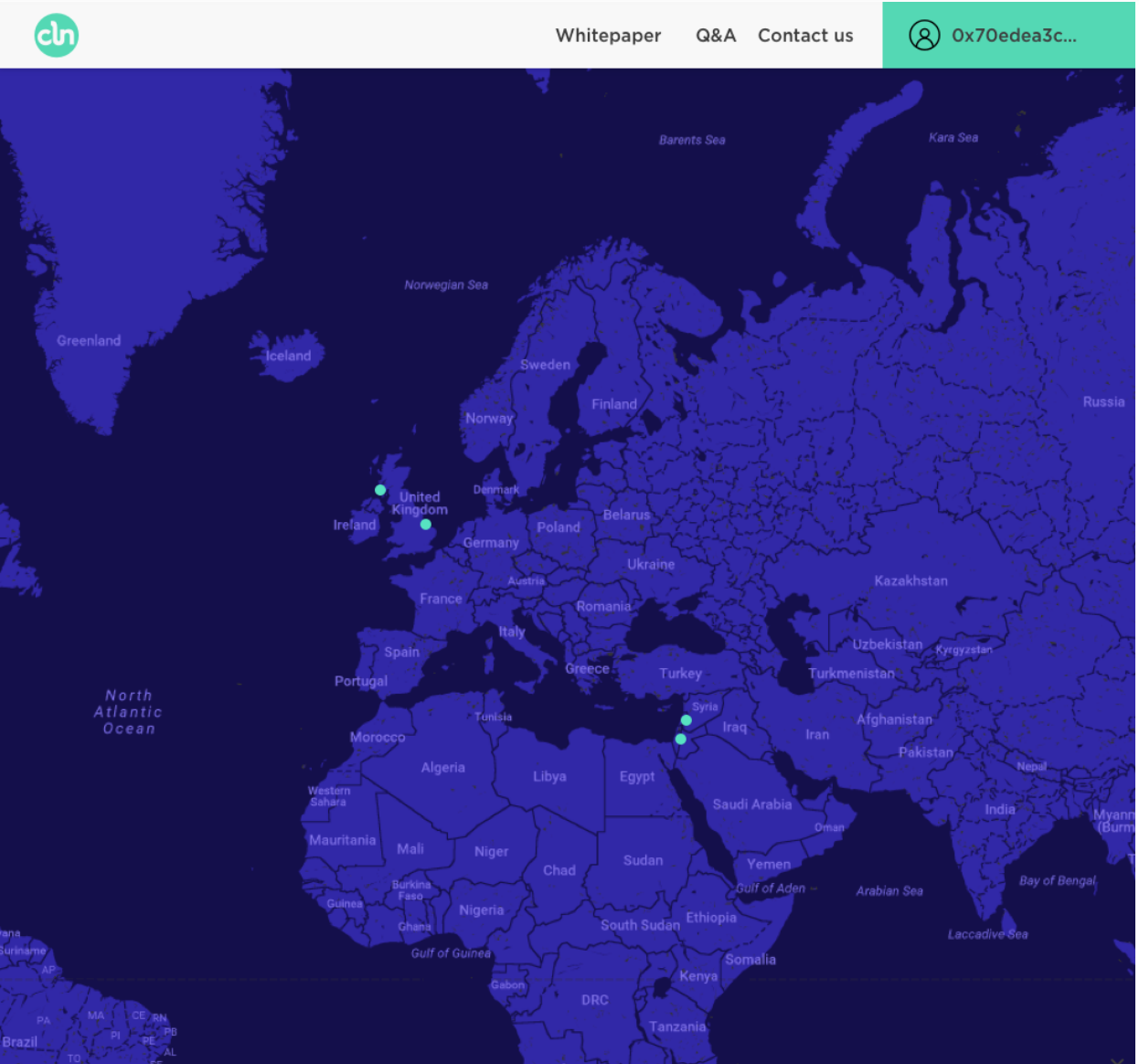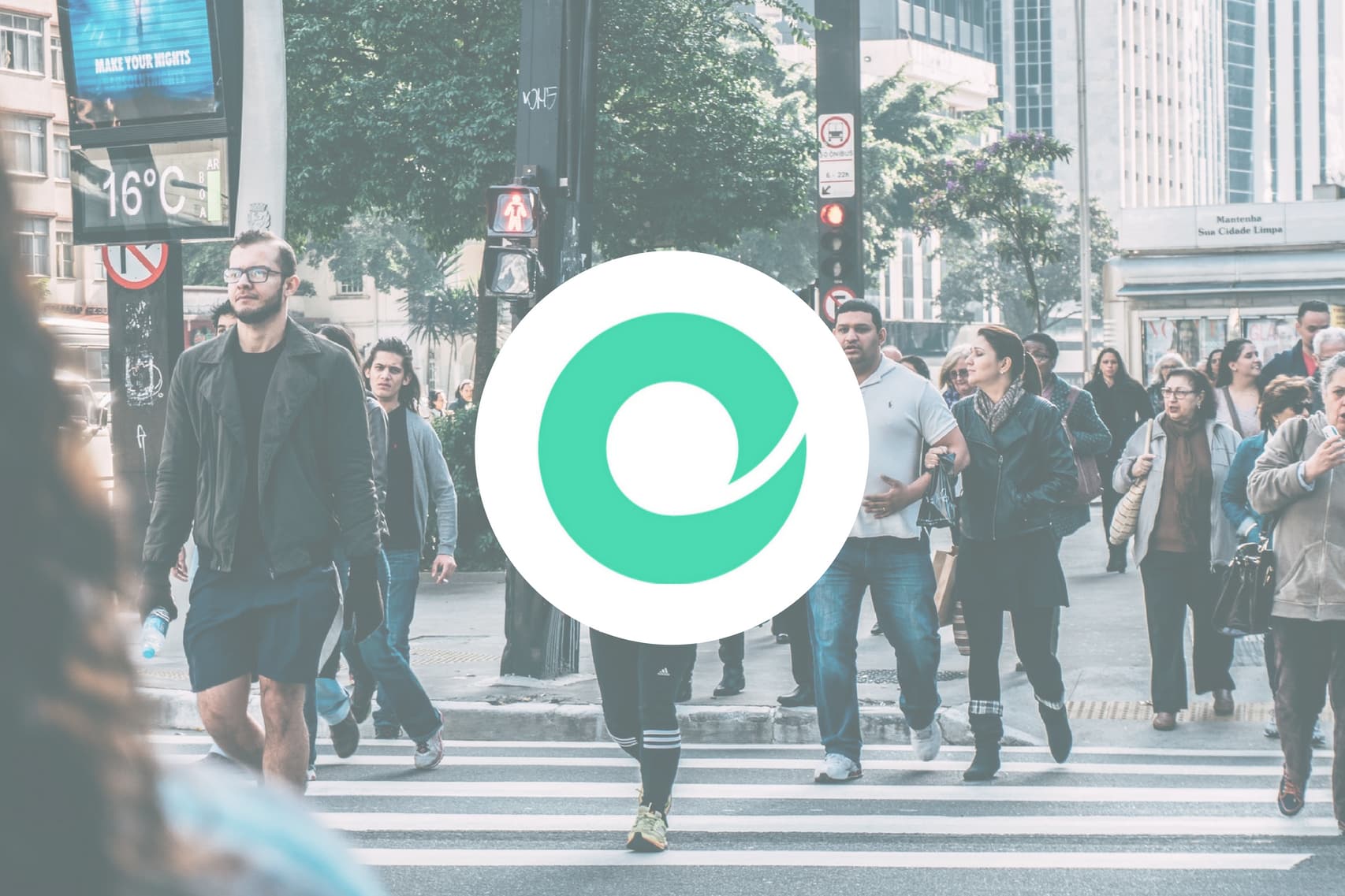Hot off their highly successful February crowdfunding event, the Israel-based Colu Local Network now has their native token (CLN) meandering its way through the cryptoverse with some exciting developments set to be released in June.
Colu is a project that grants communities the power to issue their own tokens, enabling stakeholders to benefit from a myriad of reward schemes arising from the use of community currencies.
Originally founded in 2012, Colu has developed from a decentralized payment network into a platform with much greater possibilities than its counterparts, as a result of its emphasis on public, open-source infrastructure. The network allows communities to work with developers to integrate products and services, such as wallets, into the network.
Communities – which may be businesses, merchants networks or consumer clubs – may be the central party in Colu’s Network, but the network’s ecosystem is kept alive by the participation of the other stakeholders: financial gateways, developers, merchants and end-users. Each of these stakeholders are rewarded in either CLN tokens or community currency fees.
Colu’s CEO Amos Meiri puts it best himself. In an interview with Wired, he declared:
Money isn’t valuable by itself. It’s what you can do with it that matters.
The problem with traditional financial solutions in credit, especially for local businesses, is that it is bogged by several problems endemic to the system: the presence of several intermediaries, lengthy processing times, high fees, and discrete “lump sum” distributions of credit.
Blockchain and smart contracts provide solutions to all of those issues.
As they state in their whitepaper, the whole purpose of the CLN network is to reduce the barriers stakeholders face when attempting to implement a digital currency system that is simultaneously effective and sustainable.
This is a challenge that every cryptocurrency faces, but Colu addresses the long-existing problem of liquidity provision with an automatic market-making contract. The CLN token will be used as reserve currency. Ultimately, they would like communities all over the world to launch currencies using tools built on top of the Colu Network.
Dan Ariely, noted behavioural economist, is Colu’s Chief Behavioural Officer and for him, the social aspect of credit is a critical motivating factor driving Colu’s vision:
Colu: Backed by High-Profile Insiders and Accelerating Quickly
In its long crypto-lifespan, Colu has received funding from Spark Capital which was an early investor in Twitter. Support from such a notable name comes with pressure, but Colu seems to be answering, dollar for dollar.
Most significantly, the Colu community has seen tremendous growth – especially over the past year, exploding from 8,000 active users in January 2017 to over 150,000 at the time of writing. Just as telling of its support is the upcoming launch of the first community-backed currency, which is expected to be issued before the start of June, with an airdrop by mid-June.

They are also working on a dapp (pictured above) that shows key data on each community currency in real time. This dapp offers further transparency in the network and could convince users across the world to support a community that they believe in, regardless of location.
Recently launched on the liqui.io exchange, they have seen strong volumes in the first 24 hours since their launch.
The current Colu app, which is handled by the same individuals who operate CLN, works with over 1,000 businesses in 4 communities in cities around the world from London to Tel Aviv, with more than 70,000 transactions per month. With the funds received from their crowdfunding, they are looking to expand to a global market with communities around the world.
The idea of designing a network around the community is not new to the market, but what Colu offers is keeping to the spirit of decentralization, and its purpose of creating a more equitable economic world.

